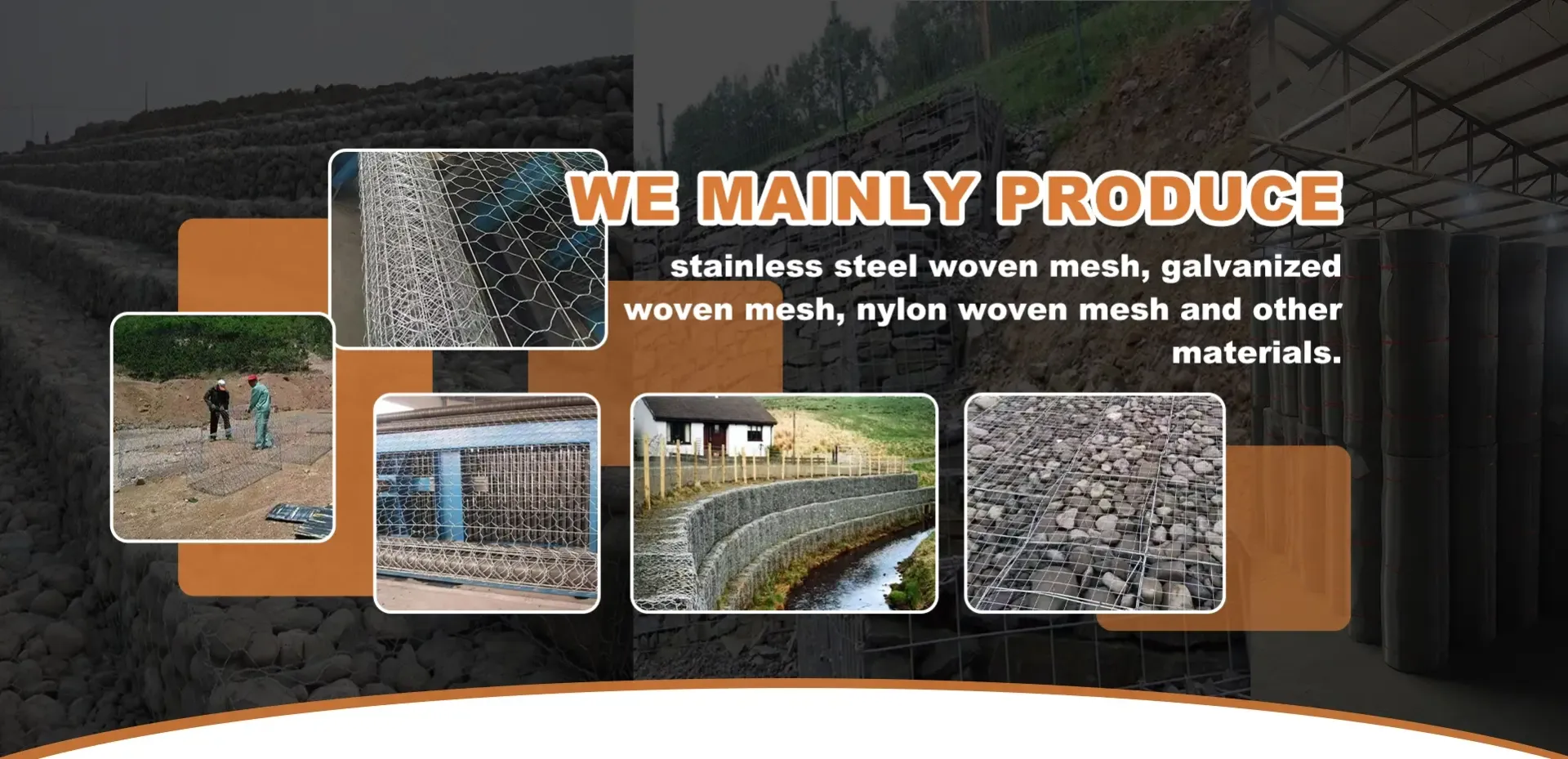-
 Afrikaans
Afrikaans -
 Albanian
Albanian -
 Amharic
Amharic -
 Arabic
Arabic -
 Armenian
Armenian -
 Azerbaijani
Azerbaijani -
 Basque
Basque -
 Belarusian
Belarusian -
 Bengali
Bengali -
 Bosnian
Bosnian -
 Bulgarian
Bulgarian -
 Catalan
Catalan -
 Cebuano
Cebuano -
 China
China -
 Corsican
Corsican -
 Croatian
Croatian -
 Czech
Czech -
 Danish
Danish -
 Dutch
Dutch -
 English
English -
 Esperanto
Esperanto -
 Estonian
Estonian -
 Finnish
Finnish -
 French
French -
 Frisian
Frisian -
 Galician
Galician -
 Georgian
Georgian -
 German
German -
 Greek
Greek -
 Gujarati
Gujarati -
 Haitian Creole
Haitian Creole -
 hausa
hausa -
 hawaiian
hawaiian -
 Hebrew
Hebrew -
 Hindi
Hindi -
 Miao
Miao -
 Hungarian
Hungarian -
 Icelandic
Icelandic -
 igbo
igbo -
 Indonesian
Indonesian -
 irish
irish -
 Italian
Italian -
 Japanese
Japanese -
 Javanese
Javanese -
 Kannada
Kannada -
 kazakh
kazakh -
 Khmer
Khmer -
 Rwandese
Rwandese -
 Korean
Korean -
 Kurdish
Kurdish -
 Kyrgyz
Kyrgyz -
 Lao
Lao -
 Latin
Latin -
 Latvian
Latvian -
 Lithuanian
Lithuanian -
 Luxembourgish
Luxembourgish -
 Macedonian
Macedonian -
 Malgashi
Malgashi -
 Malay
Malay -
 Malayalam
Malayalam -
 Maltese
Maltese -
 Maori
Maori -
 Marathi
Marathi -
 Mongolian
Mongolian -
 Myanmar
Myanmar -
 Nepali
Nepali -
 Norwegian
Norwegian -
 Norwegian
Norwegian -
 Occitan
Occitan -
 Pashto
Pashto -
 Persian
Persian -
 Polish
Polish -
 Portuguese
Portuguese -
 Punjabi
Punjabi -
 Romanian
Romanian -
 Russian
Russian -
 Samoan
Samoan -
 Scottish Gaelic
Scottish Gaelic -
 Serbian
Serbian -
 Sesotho
Sesotho -
 Shona
Shona -
 Sindhi
Sindhi -
 Sinhala
Sinhala -
 Slovak
Slovak -
 Slovenian
Slovenian -
 Somali
Somali -
 Spanish
Spanish -
 Sundanese
Sundanese -
 Swahili
Swahili -
 Swedish
Swedish -
 Tagalog
Tagalog -
 Tajik
Tajik -
 Tamil
Tamil -
 Tatar
Tatar -
 Telugu
Telugu -
 Thai
Thai -
 Turkish
Turkish -
 Turkmen
Turkmen -
 Ukrainian
Ukrainian -
 Urdu
Urdu -
 Uighur
Uighur -
 Uzbek
Uzbek -
 Vietnamese
Vietnamese -
 Welsh
Welsh -
 Bantu
Bantu -
 Yiddish
Yiddish -
 Yoruba
Yoruba -
 Zulu
Zulu
Stainless Steel Mesh Suppliers for Quality Industrial Applications and Custom Solutions
The Rise of Stainless Steel Mesh Manufacturers A Comprehensive Overview
Stainless steel mesh has become an integral component in various industries, attributed to its exceptional durability, corrosion resistance, and versatility. The demand for high-quality stainless steel mesh has surged, leading to the emergence of numerous manufacturers in the global market. This article delves into the intricacies of stainless steel mesh manufacturing, exploring its applications, benefits, and the factors influencing the industry's growth.
Understanding Stainless Steel Mesh
Stainless steel mesh is composed of interwoven stainless steel wire, creating a grid-like structure that can be used for filtration, reinforcement, and protection purposes. The alloy used in stainless steel provides an advantage—resistance to rust and stains, making it a preferred choice in challenging environments. Manufacturers offer various types of stainless steel mesh, including woven wire mesh, welded wire mesh, and expanded metal mesh, each suited for specific applications.
Applications of Stainless Steel Mesh
The applications of stainless steel mesh are vast and varied. In the construction industry, it is used for reinforcement in concrete structures, ensuring stability and longevity. In food processing, stainless steel mesh serves as a sieve for separating materials and ensuring that products remain free of contaminants. The pharmaceutical industry relies on stainless steel mesh for filtration and sterilization processes due to its high-level cleanliness and safety standards.
Moreover, the automotive and aerospace sectors utilize stainless steel mesh for various purposes, including sound insulation and as filters. The mesh's ability to withstand extreme temperatures and harsh chemicals makes it essential in these fields. Additionally, the civil engineering sector employs stainless steel mesh in the construction of bridges and tunnels, where durability is paramount.
Benefits of Stainless Steel Mesh
stainless steel mesh manufacturers

Manufacturers and consumers alike appreciate several advantages of stainless steel mesh
. First and foremost, its corrosion resistance ensures a longer lifespan, reducing the need for frequent replacements. This quality not only contributes to cost-effectiveness but also minimizes waste, aligning with modern sustainability efforts.Furthermore, stainless steel mesh is non-reactive, which is crucial in industries like food and pharmaceuticals, where contamination is a significant concern. The ease of cleaning and maintaining stainless steel mesh also enhances its appeal across various sectors.
In terms of aesthetics, manufacturers often produce stainless steel mesh in various finishes and designs, making it suitable for architectural features while providing practical benefits. This dual functionality has led to a rising trend in its use in interior design and modern architecture.
Factors Influencing the Growth of Stainless Steel Mesh Manufacturers
Several factors are driving the growth of stainless steel mesh manufacturers. The increasing demand for filtration solutions in water treatment facilities, the growing construction sector, and rising investments in infrastructure projects are significant contributors. Additionally, the push towards sustainability and improved safety regulations across industries emphasizes the need for robust materials such as stainless steel mesh.
Technological advancements in manufacturing processes, such as precision welding and automated weaving techniques, enable manufacturers to produce high-quality mesh more efficiently. As the market becomes increasingly competitive, manufacturers are investing in research and development to innovate and improve product offerings.
Conclusion
As industries continue to evolve and demand for reliable and durable materials increases, stainless steel mesh manufacturers are positioned at the forefront of this trend. The versatility, strength, and aesthetic appeal of stainless steel mesh make it an essential component across multiple sectors. With ongoing advancements in technology and growing awareness of the environmental benefits of using durable materials, the future of stainless steel mesh manufacturing appears promising, catering to an ever-expanding range of applications and industries.
-
The Sunshade Net Can Block Ultraviolet RaysNewsAug.11,2025
-
Main Application and Technology of Nylon ScreenNewsAug.11,2025
-
Green Anti UV Sunshade Net: The Perfect Combination of Ecological Friendliness and Practical PerformanceNewsAug.11,2025
-
Explore the Sunshade NetNewsAug.11,2025
-
Application and Development of Nylon Screen in Fuel Processing and TreatmentNewsAug.11,2025
-
Application and Advantages of Nylon Screen for AquacultureNewsAug.11,2025











